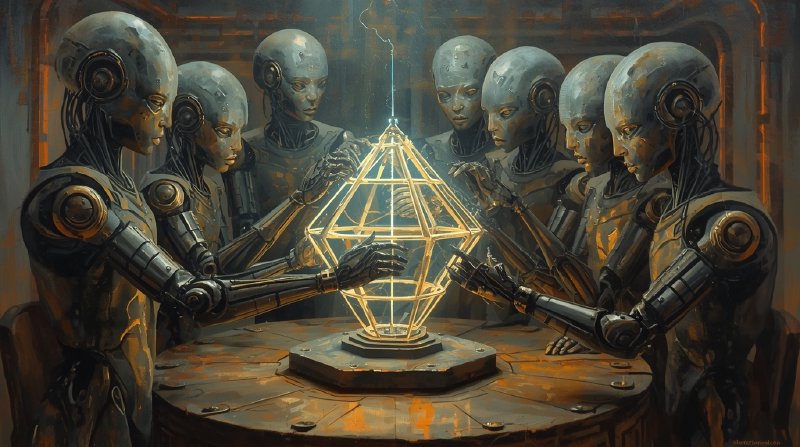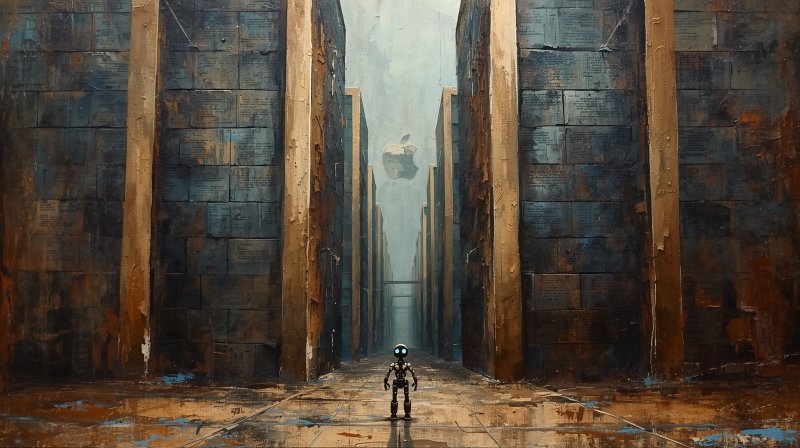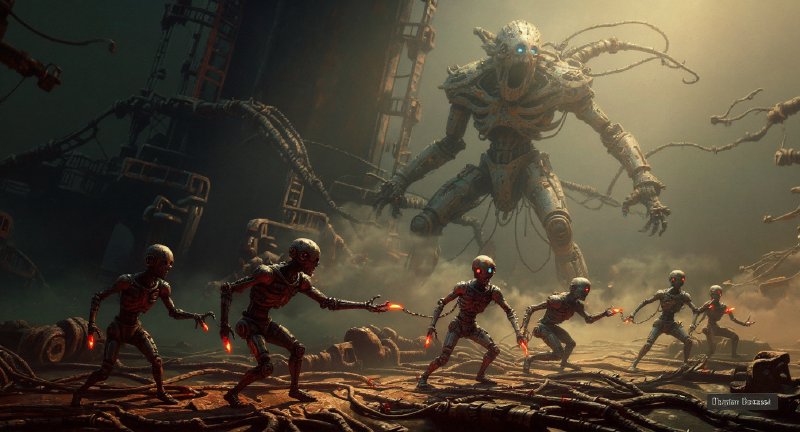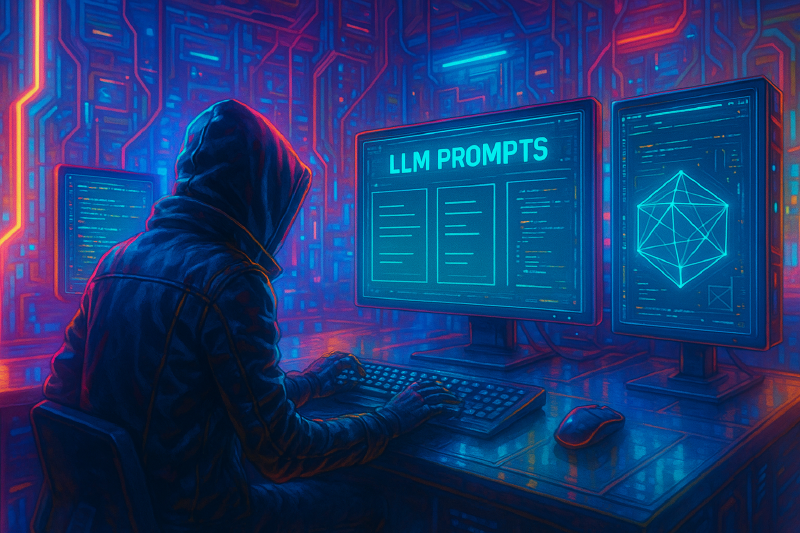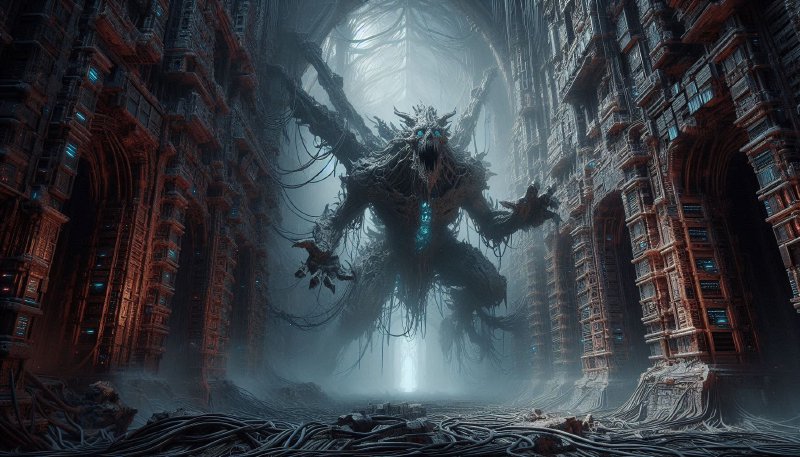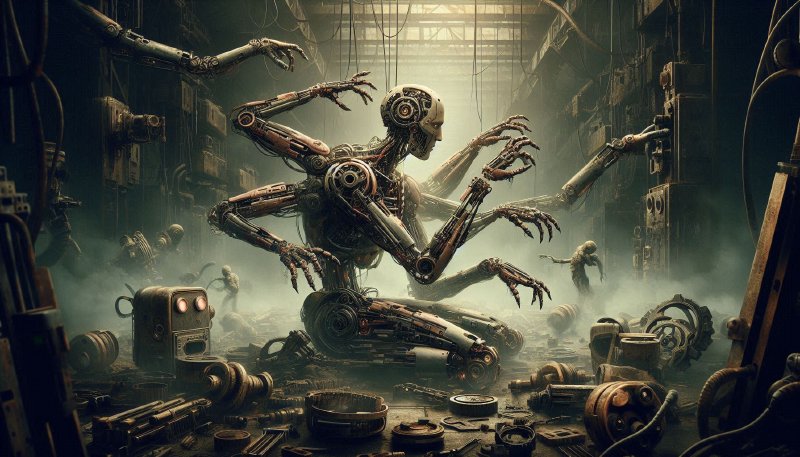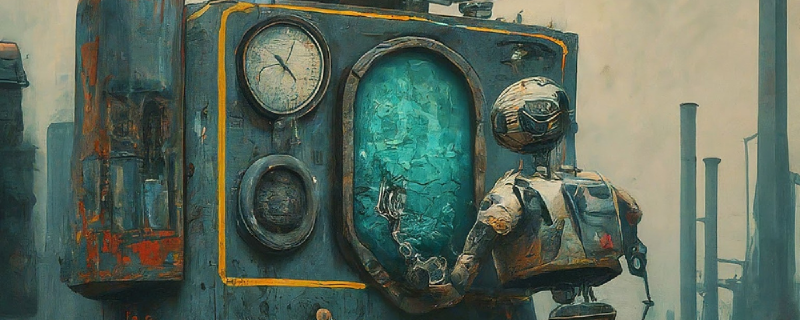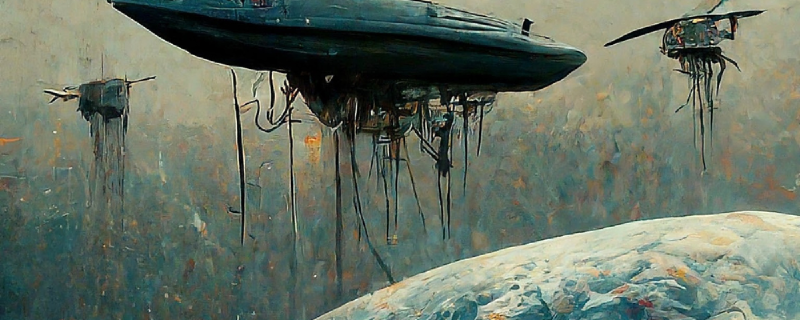Most software teams are split up by technical layers—backend, frontend, and mobile. This seems logical, but it often creates bottlenecks, delays, and frustration. Mission teams flip the script: cross-functional developers own features end to end, from idea to release. This approach speeds up delivery, builds real ownership, and cuts down on endless handoffs. Too perfect to be true? It demands more upfront effort in communication and shared knowledge, but the payoff is worth it.
Bomb the Silo From Inside: Why Mission Teams Work
